Raipur, CHHATTISGARH / Mumbai / Bhopal, MADHYA PRADESH:
At The Hindu Lit fest 2024, Sudhanva Deshpande recalls the making of Habib Tanvir’s company Naya Theatre and his plays that are regarded as masterpieces.
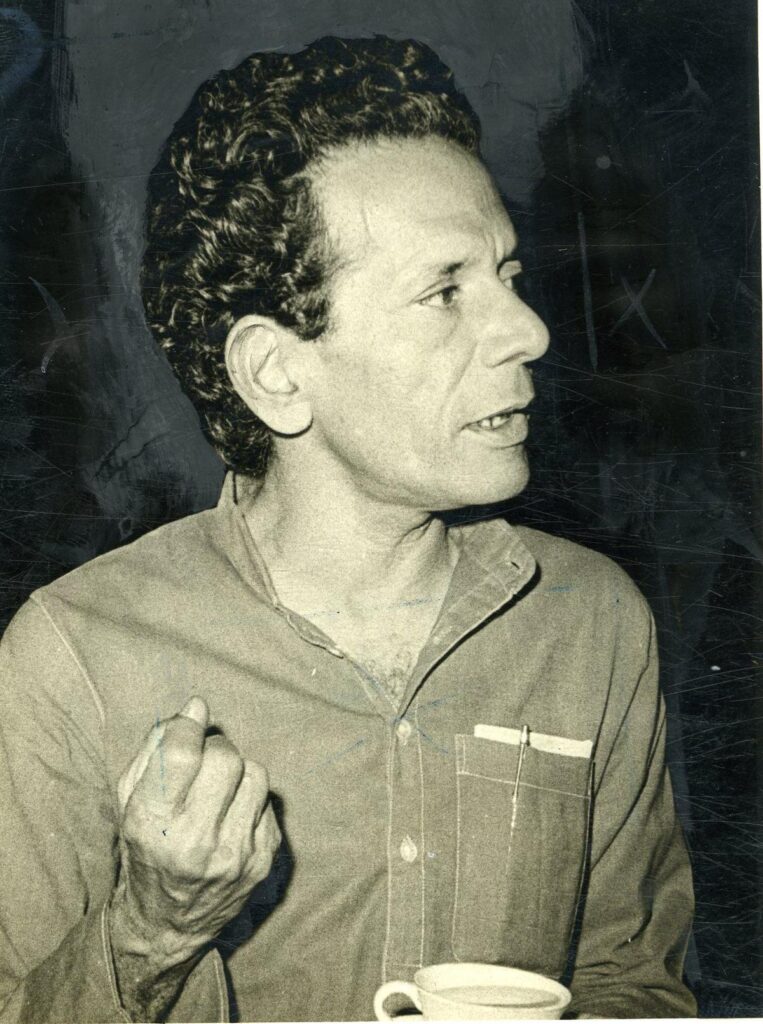
To make theatre that was authentic to its cultural milieu and history while also being thoroughly modern, both in content and form — this was Habib Tanvir’s life’s achievement. His theatre was exuberant, festive, celebratory, funny, moving, thoughtful and reflective. It was progressive and secular, and because it was created by a man with a Muslim name, it was reviled and attacked by Hindutva forces. He worked with rural actors to create plays that appealed to audiences far beyond the rural. In the history of Indian theatre, Habib Tanvir was a singular presence.
Born in Raipur in 1923, he went to Bombay to pursue a career in films in the mid-1940s. But the decisive influence on him at the time was his entry into the Indian People’s Theatre Association (IPTA), where he met and befriended artistes such as Balraj Sahni, Dina Gandhi (later Pathak), Zohra Segal, and M.S. Sathyu. The left-wing perspective of IPTA was to stay with him throughout his life, even though he forged his own unique path in theatre.
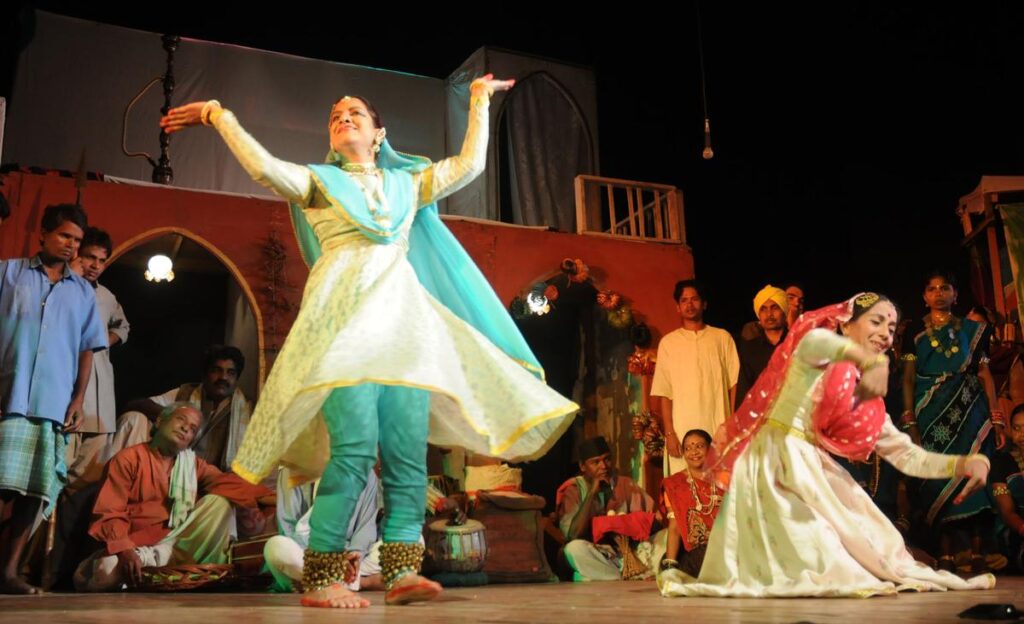
The film industry disillusioned him. It worshipped money, not art. He came to Delhi, where he joined Hindustani Theatre, where he met Moneeka Misra, a theatre director trained in the U.S. They fell in love and got married.
In 1954, Habib Tanvir wrote and directed his first masterpiece, Agra Bazaar, on the life and art of the plebeian 19th-century poet Nazir Akbarabadi. It was an astonishing production, for two reasons. One, the protagonist Nazir never appears in the play — because no biographical information about him was available, even as a large corpus of his poetry had survived, passed on orally from generation to generation. Two, Habib Tanvir asked residents of Okhla village on the outskirts of Delhi to act in the play — his first attempt to make theatre with rural folk.
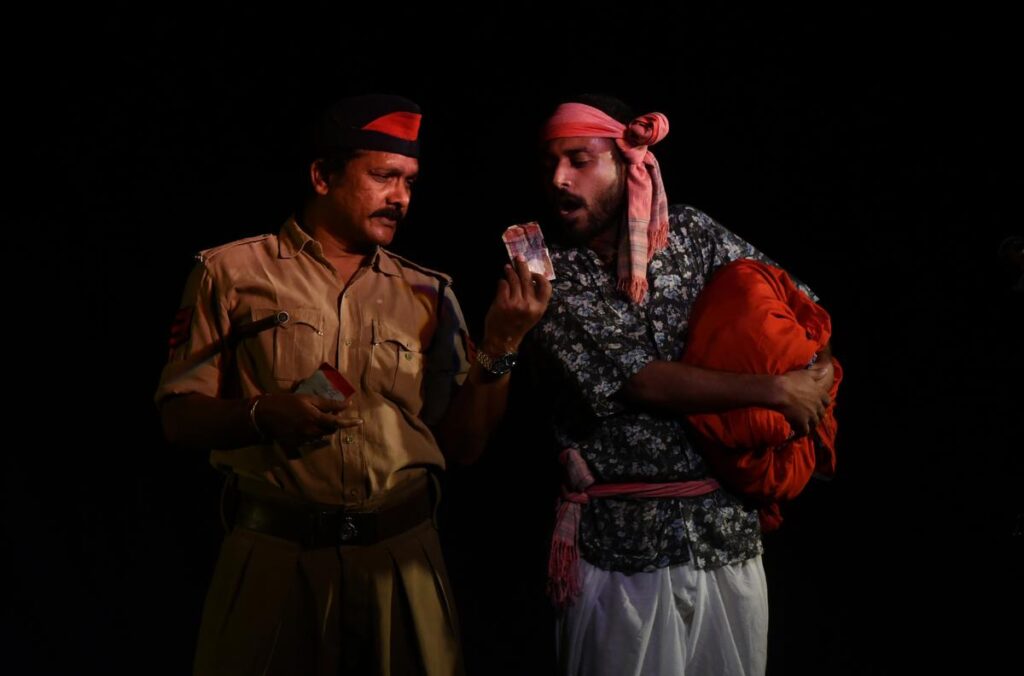
Soon after, he left for Britain to get formally trained as a director, at the Royal Academy of Dramatic Arts (RADA), and the Old Vic. He was in his thirties, with over a decade of theatre work under his belt. What he learnt in Britain, most of all, was what he needed to reject — the overly regimented theatre of the time, realistic in a photographic sort of way, about middle-class life. He longed for the free-flowing, delightful, irreverent theatre that he had enjoyed as a child in Chhattisgarh. He returned to India and set out to find rural actors.
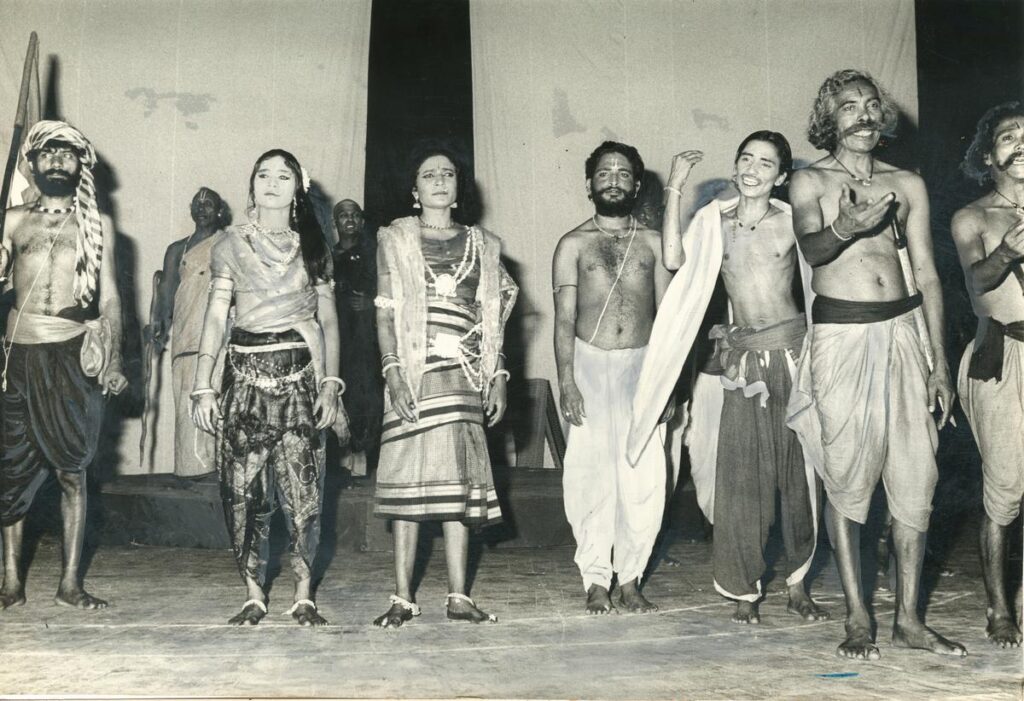
The first lot of six rural actors he picked came with him to Delhi in 1958. They were all more or less unlettered, but masters of the Nacha, the rural theatre of Chhattisgarh. They acted and danced with abandon, sang melodiously in their open, strong voices, were masters of farce, and could also move you to tears. With them, and with Moneeka as his companion, he founded his own company, Naya Theatre, in 1959. They produced play after play, touring the country extensively, but while his plays of the time had spark, real success eluded him.
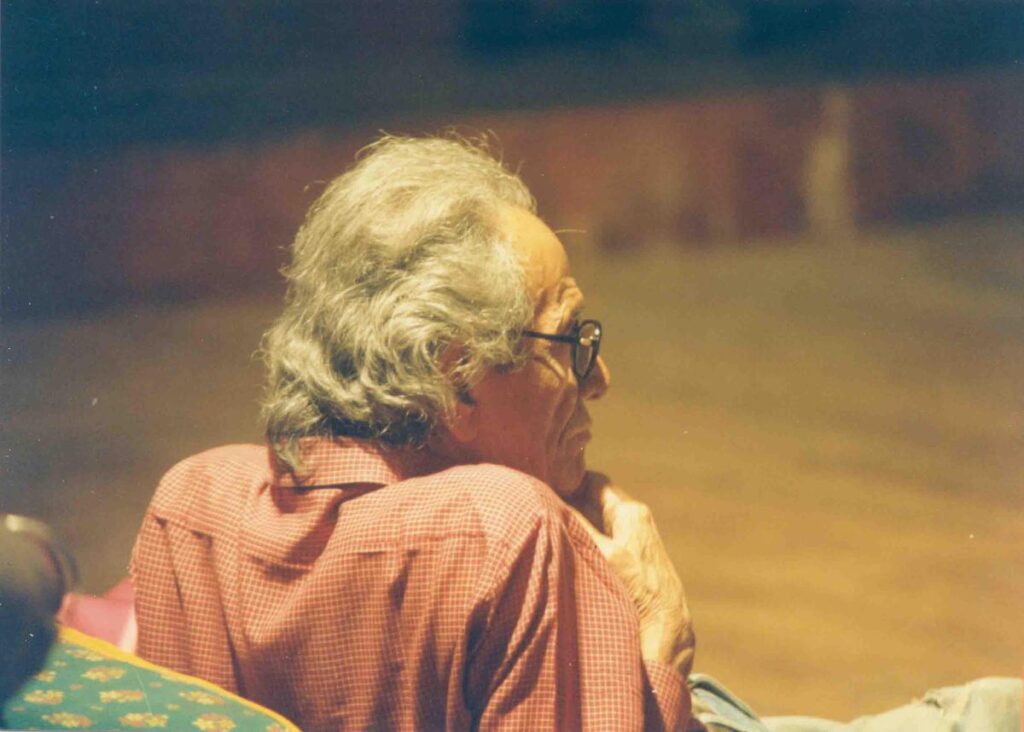
It was befuddling. Why were these great actors, who were so delightful when they performed in the villages, so stiff and rigid on the urban stage, he wondered. It took him 15 years, from 1958 to 1973, to figure it out. He was forcing them to speak in Hindustani, a language that was alien to them, and he was ‘directing’ them, telling them where and how to stand, where and when to move, what gestures to use. When he melded together three rural farces into a single play in Gaon ke naon sasural mor naon damad (‘I’m the son-in-law and my in-laws’ house is my village), he asked his actors to speak in Chhattisgarhi and improvise their moves.
It was magic. With their tongues and bodies unshackled, the actors were magnificent. Remarkably, urban audiences, most of whom had no familiarity with Chhattisgarhi, embraced the play. A string of hits followed, many recognised as masterpieces of modern Indian theatre — Charandas Chor (Charan the thief), Mitti Ki Gaadi (Sudraka’s The little clay cart), Bahadur Kalarin, Shajapur Ki Shantibai (Bertolt Brecht’s Good person of szechwan), Hirma ki amar kahani (The immortal tale of Hirma), and Kamdev ka apna, basant ritu ka sapna (Shakespeare’s A midsummer night’s dream).
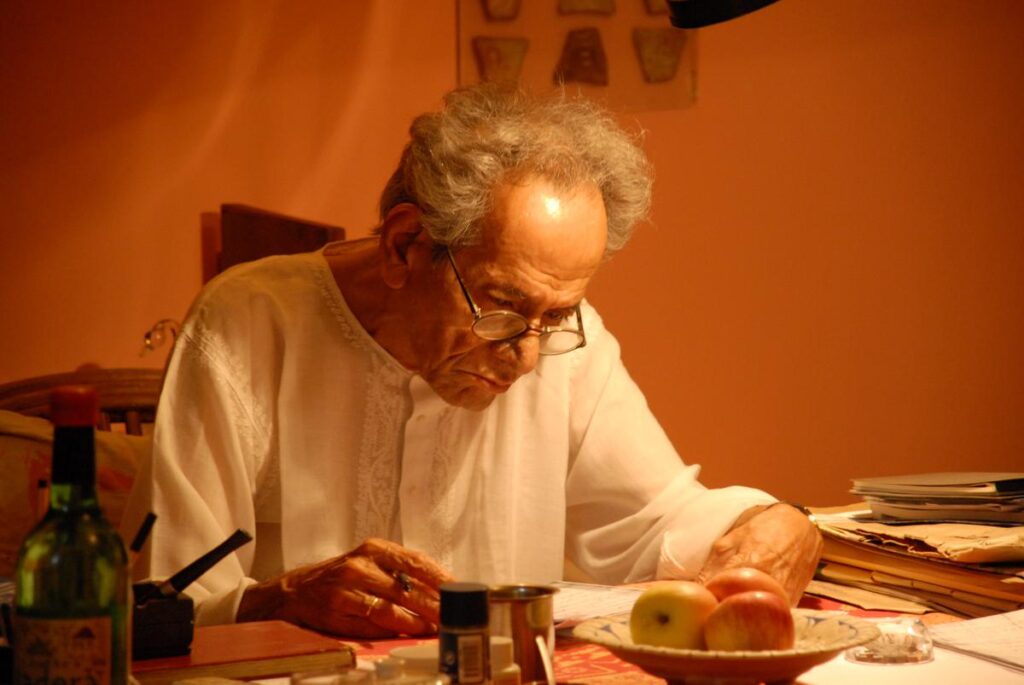
Habib Tanvir was a formidable intellectual with deep insights about the Natyashastra and Indian performing traditions, a sophisticated aesthete who soaked up influences from all over the world, and a citizen-activist committed to values of secularism and social justice.
“In India, the economically poorest are the culturally richest, and the economically richest are the culturally poorest,” he would often say. He devoted his life and his art to uplift the culture, and the voice, of India’s poorest. And he did it with unparalleled verve, beauty, and joy.
Sudhanva Deshpande is an actor, director, and organiser with Jana Natya Manch and Editor with LeftWord Books. He has co-directed two documentary films on Habib Tanvir and is the author of Halla Bol: The Death and Life of Safdar Hashmi.
Session at Literature festival
Sudhanva Deshpande’s session at The Hindu Lit Fest, 2024 is titled ‘Recalling Habib Tanvir: Excerpts from the film and a talk’. It will be held on January 26, 3.15 p.m. at Sir Mutha Concert Hall, Harrington Road, Chetpet, Chennai.
source: http://www.thehindu.com / The Hindu / Home> Lit Fest / by Sudhanva Deshpande / January 16th, 2024








